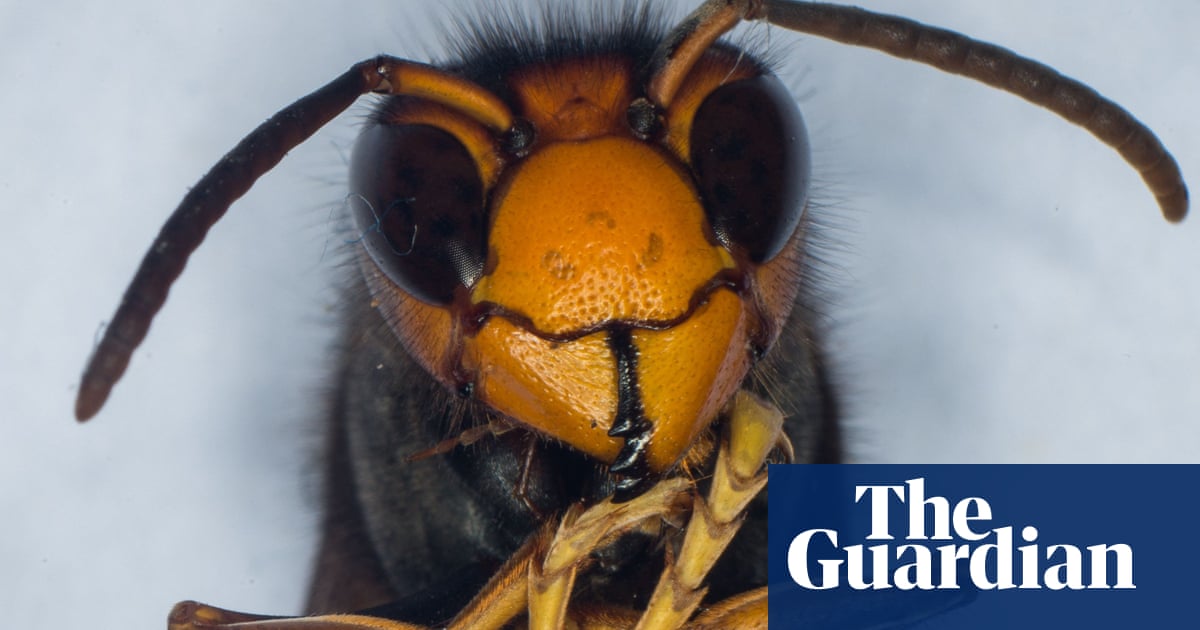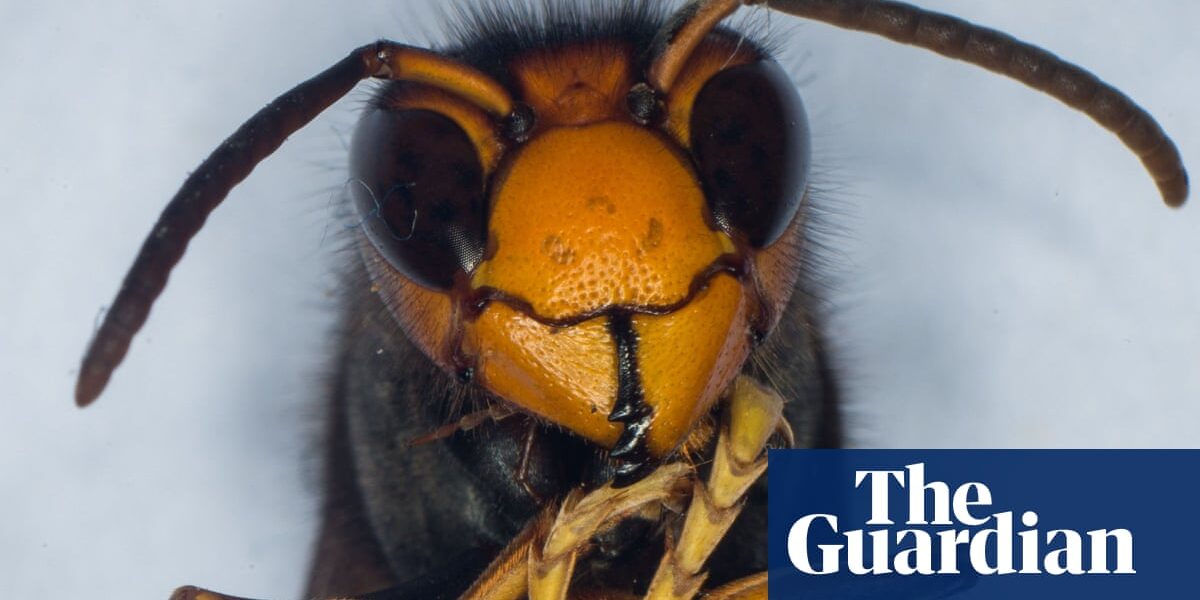
Members of the European Parliament from Italy are urging the European Commission to take action against the proliferation of Asian hornets in certain EU nations, as they are causing harm to bee populations.
The yellow-legged hornets, native to south-east Asia, were first identified on the continent two decades ago, arriving in France before spreading to Spain, Belgium, Holland, Portugal and Italy, where after first appearing in 2012 they are causing havoc in the country’s northern regions.
Last year, there was a significant increase in reports of the non-native species in the United Kingdom. Bees play a crucial role in honey production and supporting a thriving ecosystem.
Eleven Members of the European Parliament (MEPs) from the center-right political party Forza Italia have appealed to the European Commission to create targeted strategies for combatting the spread of the insect by implementing control systems funded by the EU.
According to MEP Salvatore De Meo, the Asian hornet was an aggressive predator that could eliminate up to 30 bees in a single day.
In 2004, there has been a notable decrease in the bee population in certain EU countries, according to his statement. This trend poses a threat to traditional pollinators, specifically honeybees, which are crucial for producing premium Italian honey. It also puts our biodiversity at risk.
In 2004, the Asian hornet (Vespa velutina) is thought to have arrived in Europe via a shipment of pottery from China that entered through the port of Bordeaux. This invasion has resulted in an annual loss of approximately €30.8m for the French economy and a 35% decrease in honey production in Portugal over the past few years.
In Liguria, Italy, the bugs were originally recognized before they moved to Piedmont, Tuscany, and, more recently, Emilia-Romagna and Veneto. It is not known how much the Asian hornet has impacted honey production on a country-wide scale, but it is estimated that there have been 50% losses in Liguria. Beekeepers in Tuscany and Veneto are expressing concern.
Michele Meridio, the president of the beekeepers’ association in Veneto, expressed concern.
According to Meridio, Asian hornets are distinct from the oriental hornet, also known as Vespa orientalis, which is causing problems in various parts of southern Italy.
According to the speaker, an oriental hornet may target one beehive, while an Asian hornet can simultaneously attack multiple beehives. These hornets quickly kill bees and carry their body parts back to their own nests to nourish their offspring, preventing the bees from leaving their hives.
Source: theguardian.com



